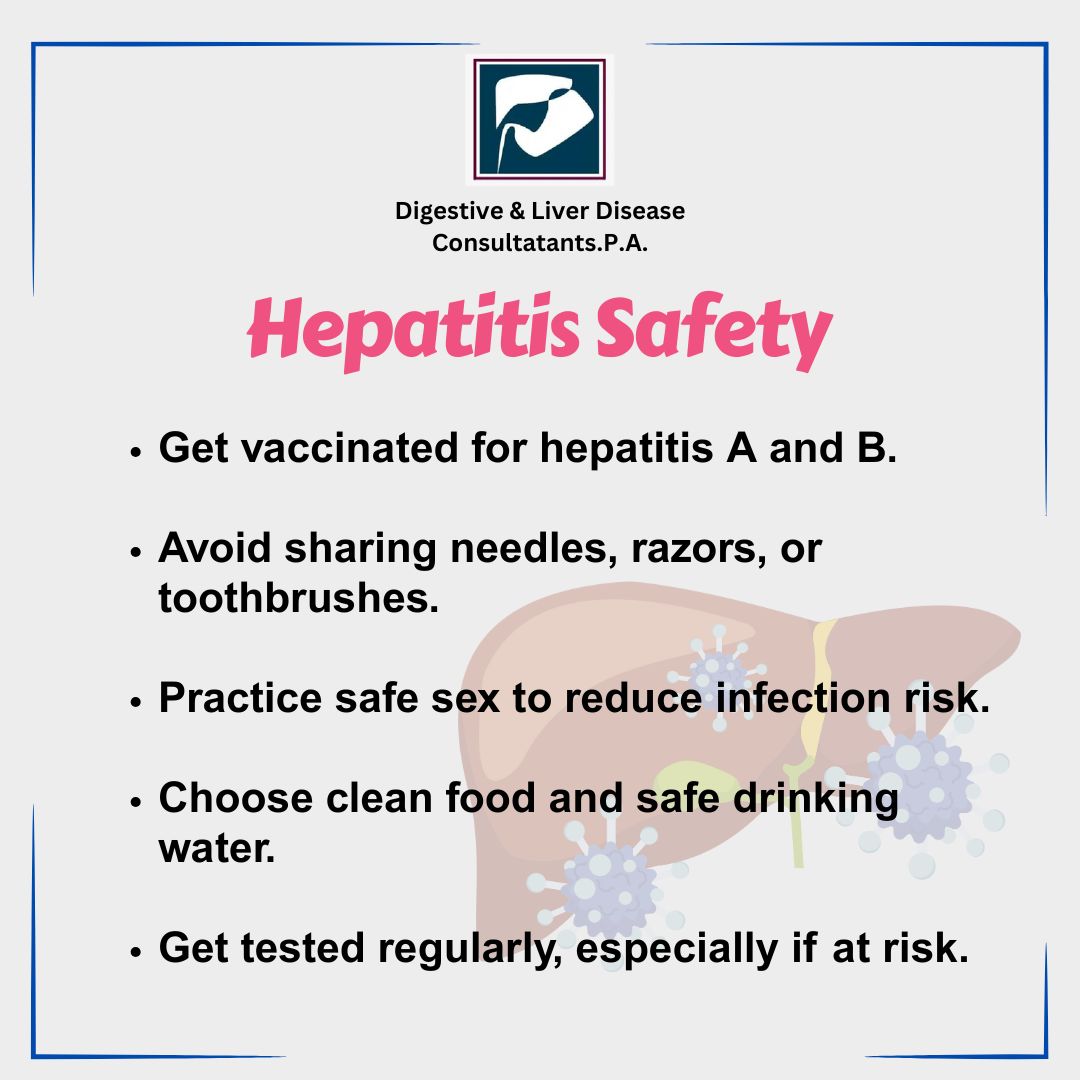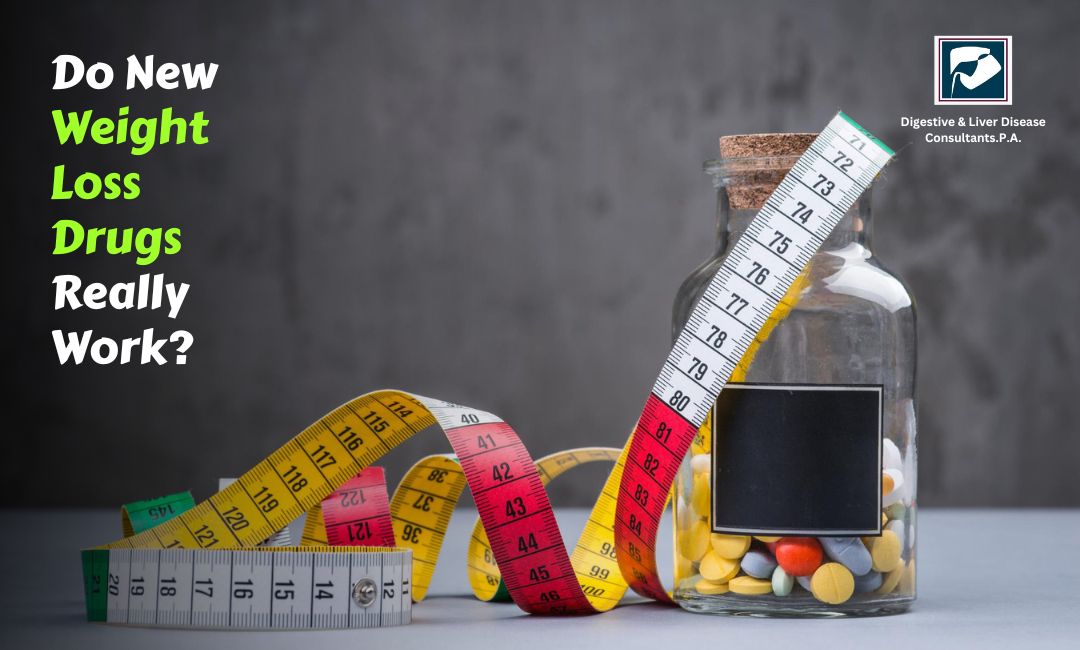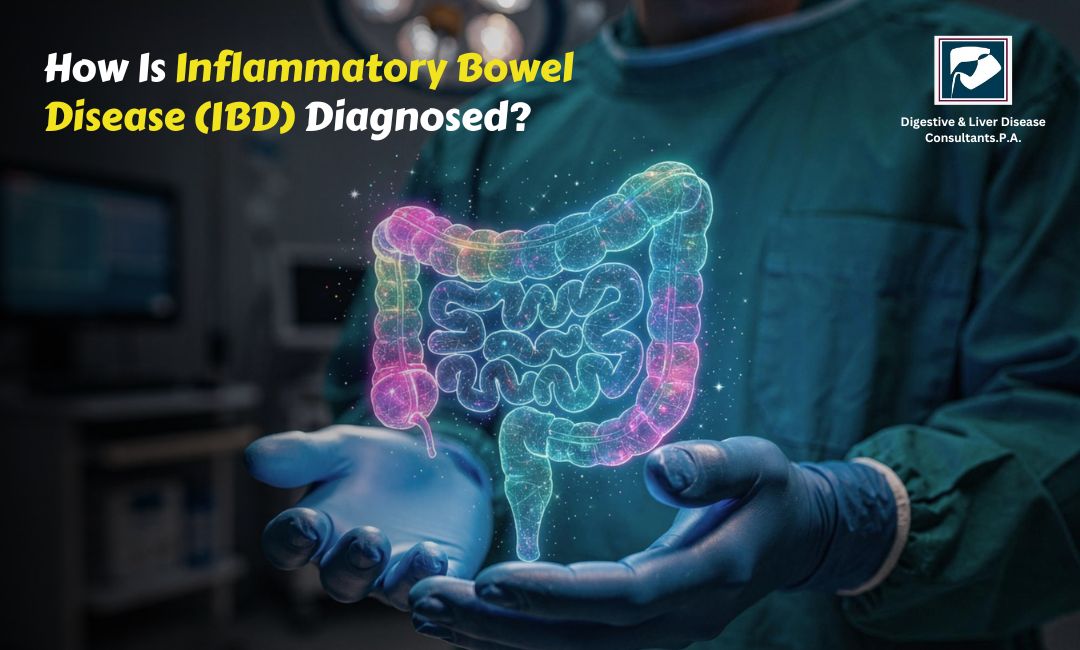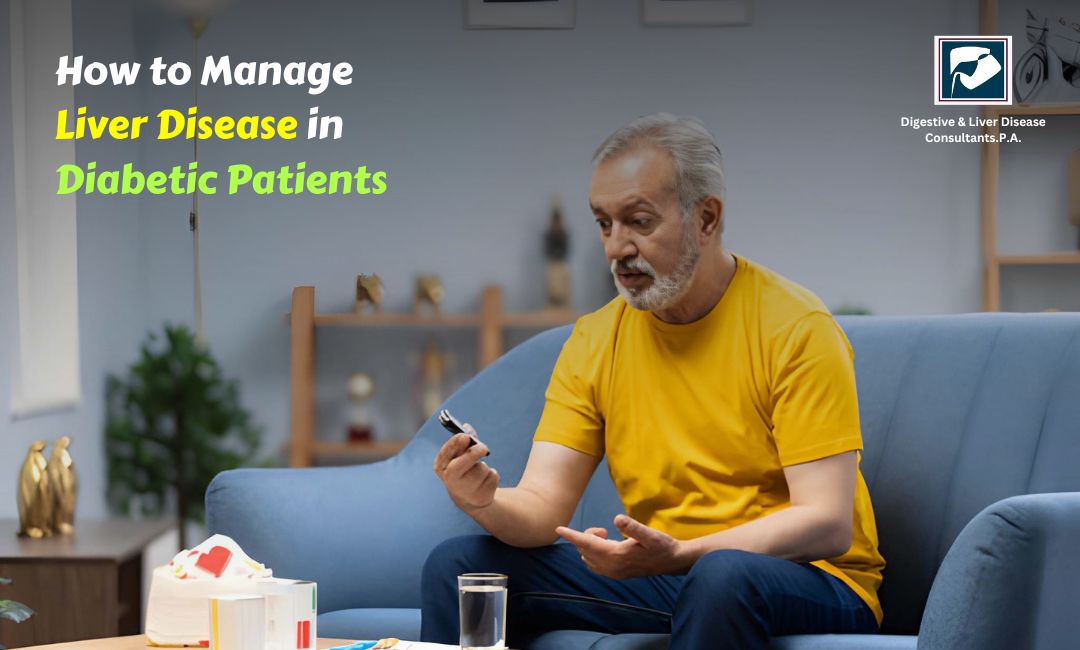Every year on July 28, the world observes World Hepatitis Day to raise awareness about a silent but serious health issue—viral hepatitis. In the United States alone, an estimated 2.4 million people live with hepatitis B or C, and many don’t even know it. This year, on World Hepatitis Day 2025, let’s take action toward hepatitis prevention, testing, and treatment—because your liver health matters.
Whether you’re looking to protect yourself or support someone at risk, understanding how to prevent hepatitis and spotting early symptoms can save lives.
What Is Hepatitis?
Hepatitis is inflammation of the liver, most commonly caused by viral infections—namely hepatitis A, B, and C. These viruses affect the liver differently but can all lead to serious liver damage, especially if left untreated.
Hepatitis A, B, and C: What’s the Difference?
Hepatitis A
Spread through contaminated food or water. It usually causes an acute, short-term illness and rarely leads to long-term liver issues.
Hepatitis B
Transmitted through blood, sexual contact, and from mother to baby. It can become chronic and cause cirrhosis or liver cancer.
Hepatitis C
Spread primarily through blood (such as via shared needles or improperly sterilized medical tools). It often becomes chronic and is a leading cause of liver transplants in the U.S.
Understanding the hepatitis A B C difference helps you know which types are preventable, treatable, or curable.

Common Symptoms of Hepatitis
Many people don’t realize they have hepatitis until the liver is already damaged. However, early signs may include:
- Fatigue or weakness
- Loss of appetite
- Jaundice (yellowing of the skin and eyes)
- Dark urine
- Abdominal pain
- Nausea and vomiting
If you experience any of these hepatitis symptoms, it’s crucial to seek hepatitis testing and medical evaluation early.
How to Prevent Hepatitis: Practical Tips
Preventing hepatitis is possible with a few smart and proactive steps. Here are key hepatitis prevention tips:
1. Get Vaccinated
Hepatitis A and B are vaccine-preventable diseases.
The hepatitis B vaccine is part of the routine childhood immunization schedule in the U.S., but adults at risk (e.g., healthcare workers, people with diabetes, or chronic liver conditions) should also get vaccinated.
There's no vaccine for hepatitis C yet, so prevention is even more important.
2. Practice Safe Injection and Medical Hygiene
- Never share needles or syringes.
- Only receive tattoos, body piercings, or medical procedures from licensed, reputable providers using sterile tools.
- Promote safe injection practices in healthcare and personal settings.
3. Maintain Safer Sexual Practices
- Use condoms and have open conversations with your partners about STDs.
- Get tested regularly if you're sexually active with multiple partners.
4. Be Cautious While Traveling
When visiting areas with poor sanitation or water quality, avoid raw food and untreated water to reduce the risk of hepatitis A.
5. Avoid Sharing Personal Care Items
Razors, toothbrushes, and nail clippers can carry traces of infected blood.
6. Get Screened if You’re at Risk
Risk factors include past blood transfusions (before 1992), drug use, being born between 1945–1965, and having chronic liver issues.
The Importance of Hepatitis Testing
Many people are unaware they are infected until complications occur. Early hepatitis testing can identify the disease when it's still treatable—or even curable, especially in the case of hepatitis C.
Testing is typically done via a simple blood test and is covered by most insurance plans when medically necessary. Don’t wait until it’s too late.
Why World Hepatitis Day 2025 Matters
The theme of World Hepatitis Day 2025 is clear: “Hepatitis Can’t Wait.” Every 30 seconds, someone dies from hepatitis-related liver disease—even though we have the tools to prevent and treat it.
By supporting hepatitis awareness campaigns, getting vaccinated, encouraging loved ones to get tested, and staying informed, you’re helping to stop the spread.
In the U.S., hepatitis disproportionately affects certain communities, including people of color, immigrants, and underserved populations. This makes hepatitis prevention campaigns and equitable healthcare access more important than ever.
Liver Disease Prevention Starts With You
The liver is a vital organ, responsible for filtering toxins, storing nutrients, and regulating metabolism. Chronic hepatitis can lead to liver cirrhosis, fatty liver disease, and liver cancer—conditions that are often preventable.
In addition to vaccinations and testing, consider:
- Limiting alcohol consumption
- Maintaining a healthy weight
- Avoiding unnecessary medications or supplements
- Regular checkups with a liver specialist
About Digestive & Liver Disease Consultants, P.A.
At Digestive & Liver Disease Consultants, P.A., we’ve been serving patients across Texas with world-class care in gastroenterology and liver health. Our experienced team of board-certified physicians uses state-of-the-art technology to diagnose and treat a full range of digestive and liver conditions, including viral hepatitis.
We are committed to patient education, early diagnosis, and evidence-based care, empowering you to take charge of your liver health.
Whether you need routine screening or specialized hepatitis treatment, we’re here to help you every step of the way.
Conclusion: Protect Your Liver—Act Now
Hepatitis is preventable. Testing is easy. Treatment is available.
This World Hepatitis Day 2025, take action for yourself and your loved ones. Protect your liver and raise your voice for hepatitis awareness.
If you’re experiencing symptoms or have risk factors for hepatitis, don’t wait.
Schedule a consultation with one of our expert gastroenterologists at Digestive & Liver Disease Consultants, P.A.






